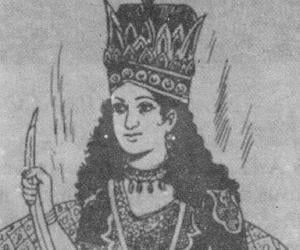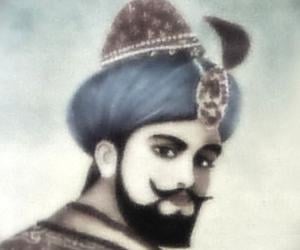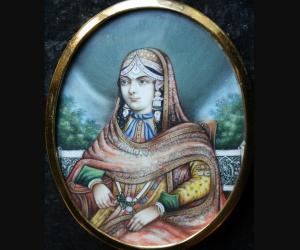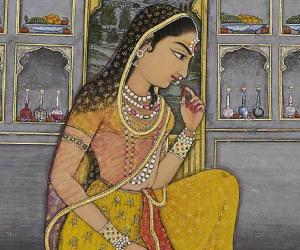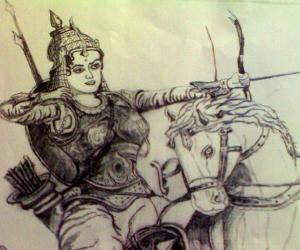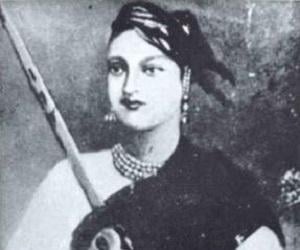Born: 1205
Razia Sultana
(First Female Sultan of Delhi)
Razia Sultan was the Sultan of Delhi in India from 1236 to 1240; she the first Muslim female ruler. Her ascent to the throne is of much historical significance not only because she was a woman, but also becaue her ancestors were originally slaves, not nobility. Her father Iltutmish had come to Delhi as a slave serving under Qutb-ud-din and had risen to the post of a provincial governor. Upon Qutb-ud-din’s death, Iltutmish gathered the support of the Turkish nobility and became the sultan. As ruler, Iltutmish created history by becoming the first sultan to appoint a woman as his successor when he named his daughter Razia as his heir apparent. Razia was a bold young woman, trained in military warfare and administration. However, her ascent to the throne did not come easily. Her brother had taken over the throne after the death of their father, and she could claim the crown only after her brother died. After becoming the Sultan of Delhi she adopted masculine attire and proved to be an efficient, just, and noble ruler. Completely devoted to her empire, she was well respected and loved by her subjects. The brave sultan met a tragic end when her brother usurped the throne and she got killed in the ensuing conflicts.
232
39
